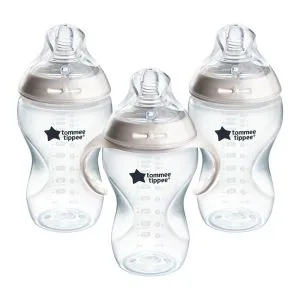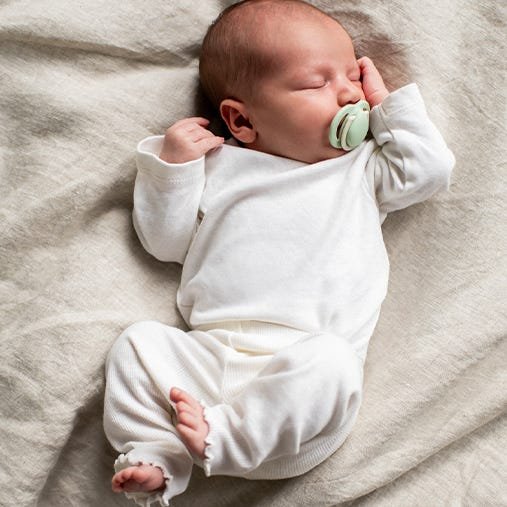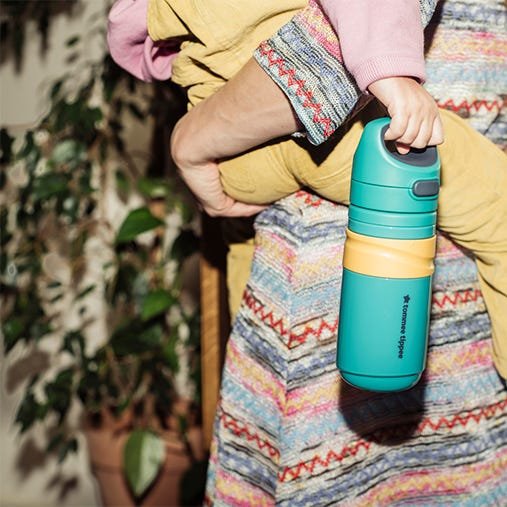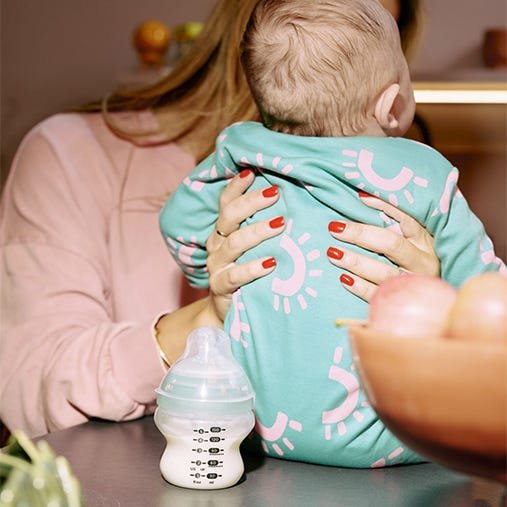Welcoming a newborn baby into the world is an experience that nothing really prepares you for, no matter how many books you read!
But once they're here, you might want to establish a newborn routine for your tiny new arrival. Getting into a routine early can help structure and set a recognizable rhythm to their (and your) day. It also lets you learn their hunger and sleep cues and helps them feel secure and settled from the get-go.
If you're looking to learn more about getting into a routine with your newborn baby, you've come to the right place! Let us run you through how to get into a manageable newborn baby routine.
Why should I have a newborn routine?
Finding a routine that works for both you and your baby may seem like a momentous task in those early (and sometimes overwhelming) newborn days when you're still getting used to life with your little one. But it doesn't have to be super complicated, and you can go at your own pace.
Setting a routine can help you to...
- teach your baby the difference between day and night, which can help them get into a steady bedtime routine
- create consistency for you and them
- plan visits and trips out around their naps and feeds
- notice changes in their behaviour and development
How to get a newborn into a routine
Every baby is different, but the key elements of a good newborn routine include times for sleeping, feeding, diaper changing, playing, and getting out and about.
Feeds
Whether you're breastfeeding, bottle feeding, or combination feeding, it's a good idea to get into a routine with your feeds. As well as timing, this can include setting the scene, making sure the environment around you is calm, and ensuring sure that you've got everything you need (like muslin cloths, bibs, and a drink for yourself) close to hand.
When it comes to timing, lots of parents find it easier to feed their baby on demand, but it can help to note down when your baby feeds, and for how long, each day. That way, you can start to notice patterns and begin to understand your newborn more every day.
Play
You may be thinking, how on earth can I play with this tiny baby!? But there are ways that you can entertain and stimulate your baby during the early days.
Newborns don't really need toys, but you can try a few minutes of tummy time, giving them different things to look at and feel, holding them close and swaying to your favourite songs, and singing softly to them.
Getting out and about
Going out for a wander in the fresh air and having the opportunity to meet other mums and babies is really important for both you and your little one.
Changetime
Newborn babies may need changing as often as 10 to 12 times a day. You should change your baby's diaper as soon as you can after they've peed or pooed to keep them comfortable and to minimise the chance of them getting a diaper rash.
Sleep
Newborn babies sleep a lot (from approximately eight to 18 hours a day), but it doesn't always feel that way. Their sleep will be in short, random bursts at first, and some parents find that their little one sleeps for long stretches in the day, and wake up more during the night.
Getting into the habit of doing the same bedtime ritual at the same time each night can help your baby form a positive association with sleep. This can include...
- giving them a bath and massage
- reading them a short story or singing them a lullaby
- giving them plenty of cuddles and a goodnight kiss
It can also help to begin teaching them the difference between night and day early on. You can do this by keeping your house bright and bustling when they're napping as you get on with what you need to do during the day, but dim, calm and quiet at night as you're winding down.
Setting this definition helps your mini-me understand that nighttime when it's dark and quiet is the time for sleep, and daytime when it's bright and lively is for socialising and playing. With a bit of practice, you'll gradually be able to make the most of your days and catch up on the sleep you all need at nighttime.
Remember to follow safe sleep guidance. Make sure your baby is sleeping in the same room as you - whether it's day or night-time - for the first six months of their life.









